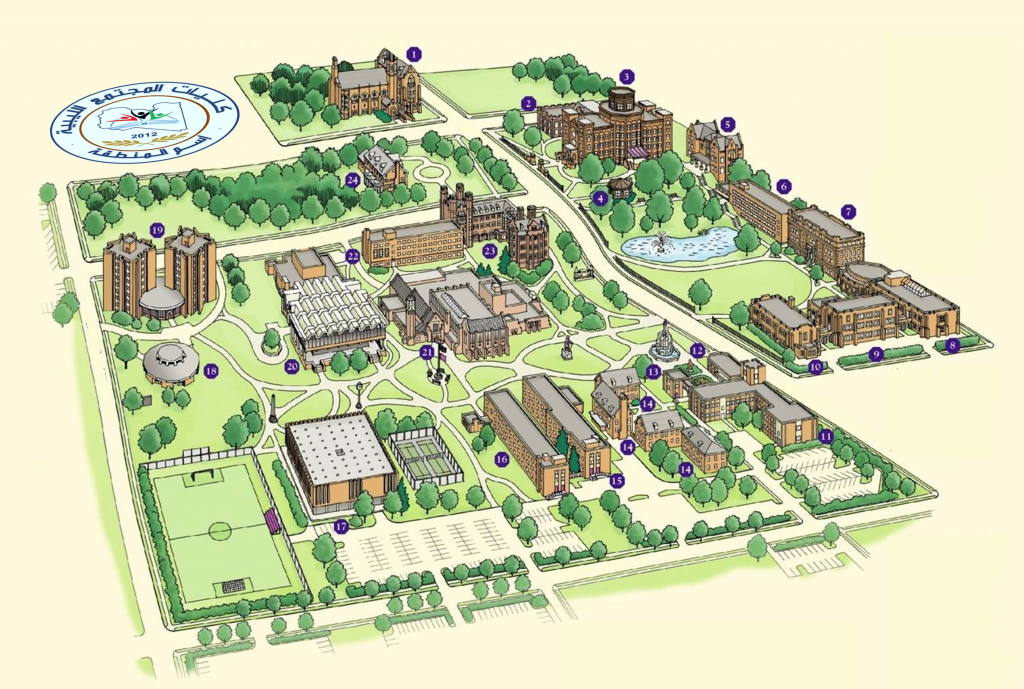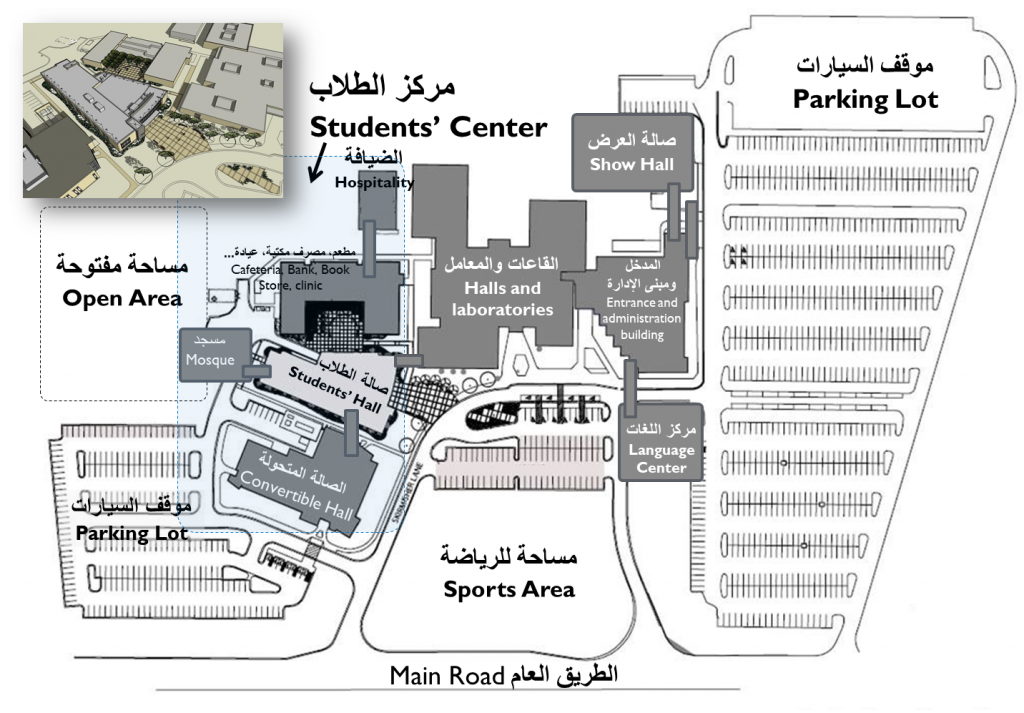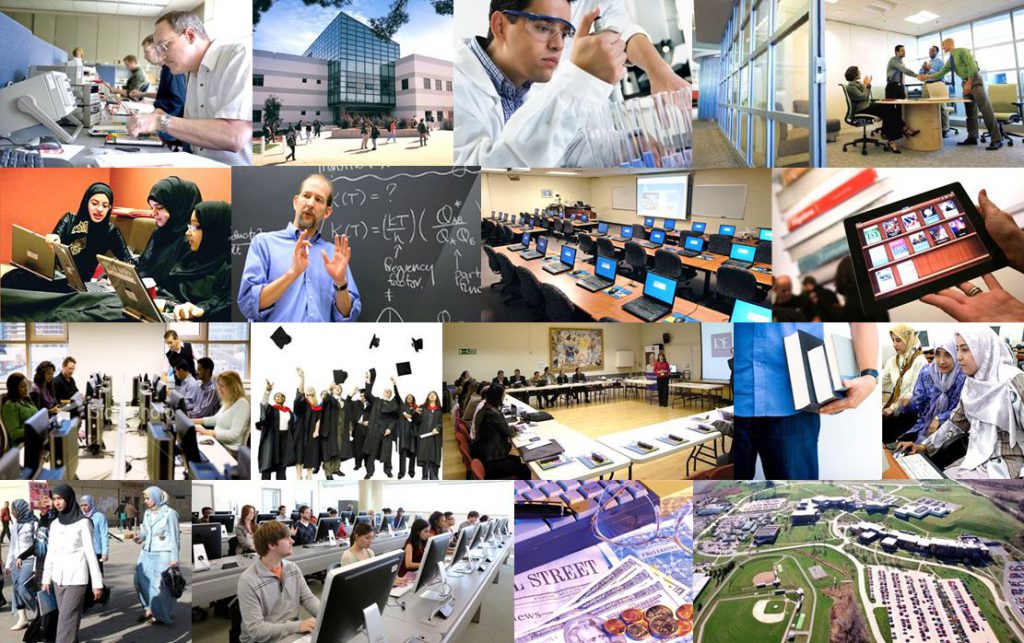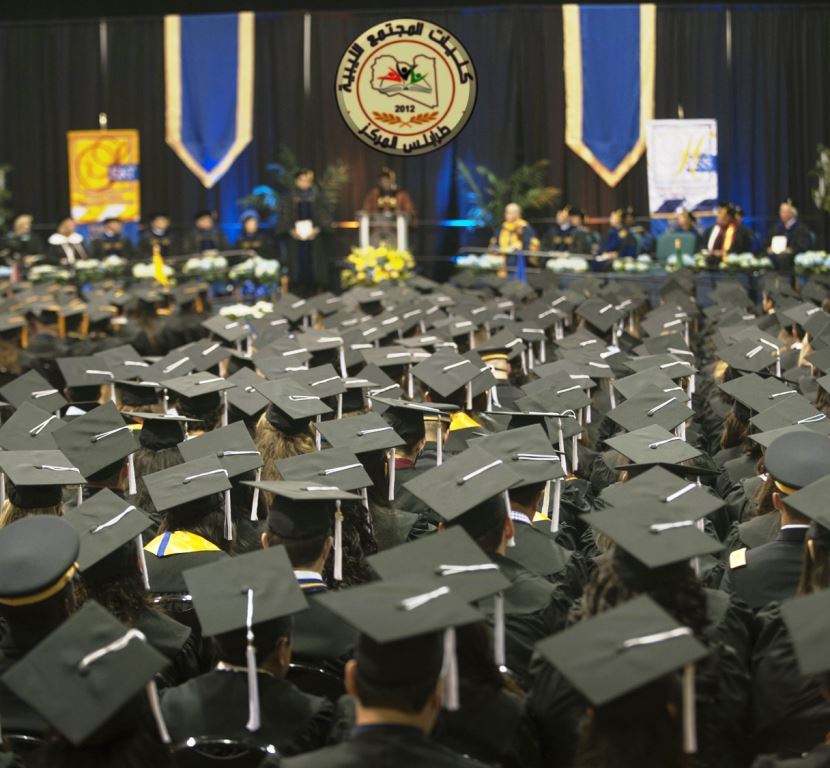كليات المجتمع الليبية
Libyan Community Colleges
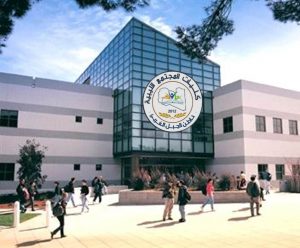
كليات
المجتمع
(وتسمى أيضا بالكليات
الأهلية) هي
في الأساس
مؤسسات عامة توفر
تعليم عالي لمدة
سنتين. كما
تقدم تعليم تأهيلي
(العلاجي) ،
ودورات تدريب
للجميع، دبلوم
المعادلة
العامة. وبعض
كليات
المجتمع تقدم
تعليم للشهادات
الثانوية
العامة ،
والدرجات
الفنية والشهادات،
وعدد محدود من
درجات 4 سنوات.
كليات
المجتمع
الليبية:
1.
تؤهل
خريجي
الثانويات
للحصول على
دبلوم سنتين والإلتحاق
بالجامعة أو
بسوق العمل.
2.
توفر
برامج قصيرة
ومتوسطة
المدى لرفع
كفاءات أفراد
المجتمع
المحلي
وكفاءات
العاملين في
القطاعين العام
والخاص.
3.
تساهم
في التـنمية
المكانية
وتوفرمجموعة
برامج دراسية
يحتاجها سوق
العمل.
4.
تتكيف
مع
الإحتياجات
التعليمية
للمناطق التي
تقام فيها.
5.
تستقطب
طلابها من
المجتمع
المحلي وتوفر
تعليم تنشيئي
لاكتساب
المهارات.
6.
توفر
سياسة قبول
مفتوحة تسهل
الالتحاق بغض
النظر عن
السجل
الأكاديمي
السابق.
7. تقدم مناهجاً مرنة، وجداولاً دراسية تشمل فترات المساء وعطلات نهاية الاسبوع.
8.
بعض
طلابها أكبر
سناً
ويشتغلون
بدوام جزئي أو
كامل.
9.
توفر
دروس مسائية
لمساعدة كبار
السن في تعزيز
مهاراتهم.
10.
توفر
برامج
تعليمية
متنوعة مثل اللغات
والأعمال
والتكنولوجيا.
11.
تركز
على استخدام
الحاسوب
والإنترنت
لرفع مهارات
الطلبة من
خلال توظيف
التكنولوجيا.
12.
تركز
على تمكين
الطالب من
إستخدام
اللغة العربية
لترتقي
بمستوى
التواصل
والتعامل في
الشركات.
13.
تركز
على إكتساب
الطالب للغة
الإنجليزية
ليستطيع
مواكبة
العلوم
المتوفرة له
عالمياً.
Community Colleges (Also called Junior Colleges) are primarily
two-year public institutions of tertiary education and training courses for all
and remedial education. Many community colleges offer General
Equivalency Diploma (GED), high school degrees, technical degrees and
certificates, and a limited number of 4-year degrees.
Libyan Community
Colleges:
1.
Qualify high school graduates to get a diploma and enroll in
a university or enter the job market.
2.
Provide short and medium term programs to raise the
competencies of local community members, public and private sector's employees.
3.
Contribute to spatial development and provide a set of study
programs needed by the Libyan work force market.
4.
Adapt to the educational needs of the areas in which these
colleges are located.
5.
Attract students from the local community and provide
structured education to build their skills.
6.
Provide an open admissions policy that facilitates enrollment
regardless of the previous academic record.
7.
Offer flexible courses, and study schedules that include
evenings and weekends.
8.
Some of the students are older and work part-time or
full-time.
9.
Provide evening classes to help older people enhance their
skills.
10.
Provide various educational programs such as arts, languages,
business and technology.
11.
Focus on the use of computers and the Internet to raise the
skills of students through the employment of technology.
12.
Focus on enabling students to skillfully use the Arabic
language to improve the level of communication and interaction in companies.
13.
Focus on enabling the student to acquire English language in
order to keep up with the available knowledge available throughout the advanced
world.
